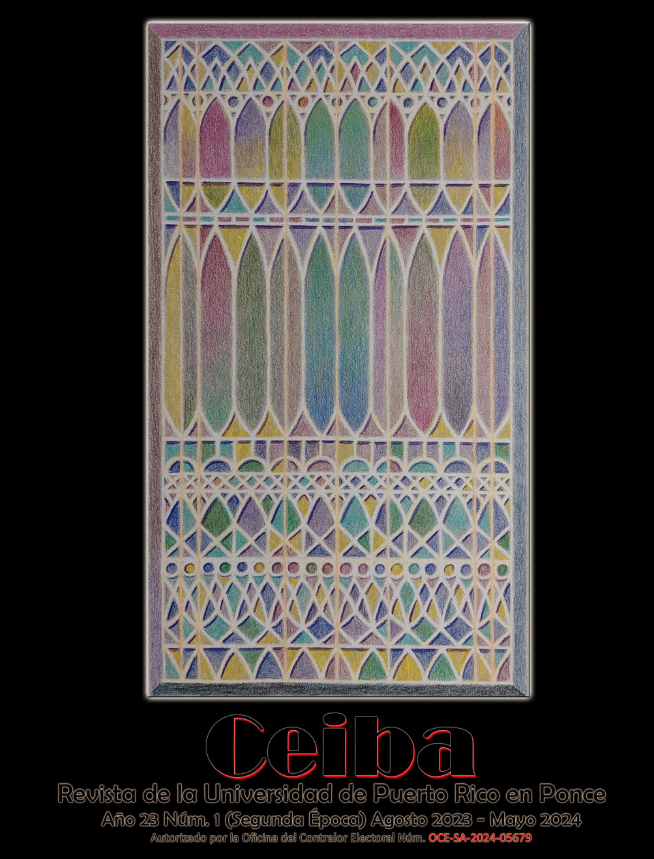Abstract
Sumo extranjero is a work by writer and economist Julio César Pol, offering a profound insight into sumo culture through a collection of narratives. It constitutes an ethnographic exploration meticulously delving into the complexities of this world, ranging from its traditional practices to the intimate lives of wrestlers and their transitions post-stable. Alongside the main theme, Pol highlights significant subthemes such as the sumo's larger body as an object of sexual desire, violence, wrestlers' injuries, their physical, spiritual, emotional, and economic challenges, as well as life after the stable and their quest for identity and acceptance. Each story acts as a mirror reflecting the universality of human experiences and the richness of cultural diversity.

